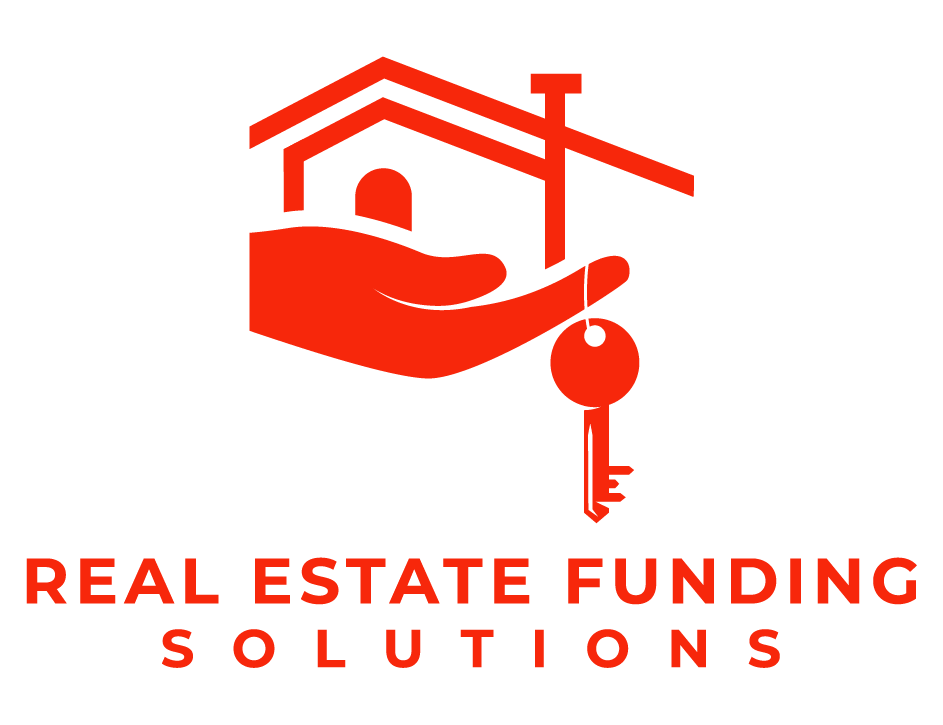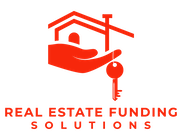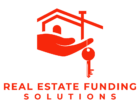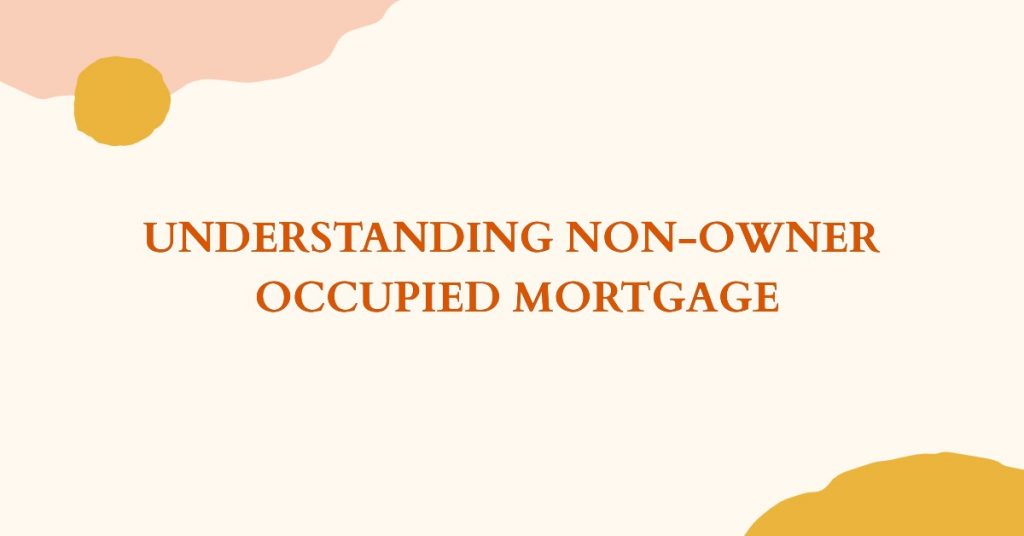In the last few months, clients looking to acquire Non-Owner Occupied Mortgages for investment properties and second homes have seen many ups and downs. Interest rates by mortgage providers are all haywire, and the housing market is witnessing a steep uphill battle. If you are still looking to finance a rental property wherein you do not plan to live primarily, non-owner-occupied loans come to your rescue. Haven’t heard of these before? Let us tell you what the financing opportunity is all about and who can help you navigate its specifics.
What is a Non-Owner-Occupied Property?
A Non-Owner-Occupied (NOO) Property classifies as an investment property not occupied by the mortgagor or owner. The occupancy status is defined upon the property’s registry or when applying for a non-owner-occupied loan. Generally speaking, single-family residences, duplex, triplex, or quadruplex fall under this category. The properties are profitable for both real estate investors and regular homebuyers. Furthermore, achieving a positive, immediate, and continuous cash flow depends on ascertaining the demographics, long and short-term prospects of market growth, finding a good tenant, and realizing healthy home price appreciation until the foreseeable future.
Defining Non-Owner Occupied Loans
It is a loan designed for one-to-four unit properties. But the catch is, the borrower doesn’t plan on using the property as a primary residence – it is maintained solely for income-producing purposes. If you happen to be found twisting the facts, i.e., claiming the property will be owner-occupied, but it is the opposite, authorities can hold you responsible legally.
The term non-owner occupied isn’t generally used for multifamily rentals but refers to residential or commercial income properties A.K.A. investment properties. The accurate classification is crucial for mortgage lenders to fix the interest rate and adequately compensate themselves for the risk they may take when granting money. For this reason, you may have to seek a suitable mortgage for investors to purchase or develop your income-generating property.
Why Are Interest Rates Higher?
You would usually come across stringent guidelines when looking out for mortgages for investors vs. owner-occupied homes. You also have to have a steady stream of income and a higher credit score to take on the monthly payments. Apart from this, interest rates for income-producing real estate tend to be slightly higher than owner-occupied properties. It is because property owners are more likely to default on their second homes or investment properties in a financial crisis.
So, with a higher rate of interest, the lender looks to protect its situation. Besides, your credit score, type of down payment, property type, and the number of residences also impact the final interest rate. Not to forget, real estate investors who intend to purchase larger holdings such as a condo with several units will not find non-owner-occupied mortgages suitable.
Residential Vs. Commercial Loans
Income-generating properties can be both residential and commercial and are excellent from an investment standpoint. Commercial real estate is for hotels, retail spaces, or office buildings. However, residential properties have a more personal use and may include townhomes, condominiums, and even cottages used by the tenants or lessees.
Non-owner occupied mortgage against your fourplex is a residential loan since it isn’t a personal loan but a loan for your investment property. One-to-four family dwellings necessitate residential loans, are a liquid investment, and enjoy significantly lower interest rates. Commercial loans, on the other hand, aren’t secured on one-to-four family properties. The term “commercial” is a fancy way of referring to a business loan. If the multifamily property has more than four units, you should apply to a commercial investment mortgage lender.
Occupancy Fraud
Since owner-occupied properties see a lower interest rate, borrowers tend to lie about the intended use to cut costs on mortgages for investors. It can be tricky to identify such frauds, but if discovered, borrowers face serious legal repercussions. You can be forced to immediately repay the complete mortgage or be prosecuted for bank fraud. However, you could still be given a second chance if circumstances changed after you closed on the mortgage.
Using Investment Mortgages for Renovations
There is a separate class of financing available for property restoration/ remodeling purposes. It is called a non-owner-occupied renovation loan, which is different from the traditional non-owner-occupied mortgage. You can use these funds to pay for renovations as well as cover the acquisition costs. A few important considerations may be as follows:
- The loan is limited to four financed properties per mortgagor
- The modifications must be permanent.
- Not just cosmetic, but there must be tangible developments that add to the property’s market value.
- The investment mortgage will be calculated on the property’s value after it is refurbished
Therefore, it is best to speak to an expert to enquire about the details before moving forward.
We Can Help
If you want to secure an investment property, a non-owner-occupied mortgage, A.K.A., an investment mortgage, or a rental mortgage is the way to go. As you work on building your portfolio, take advantage of Real Estate Funding Solutions’ financial products to suit your investment objectives. We can help you in choosing the plan that best fits your financial needs.
Call us at 855-913-8637 or email at info@realestatefundingsolutions.com, and we will get back to you with appropriate solutions within 24 hours.



